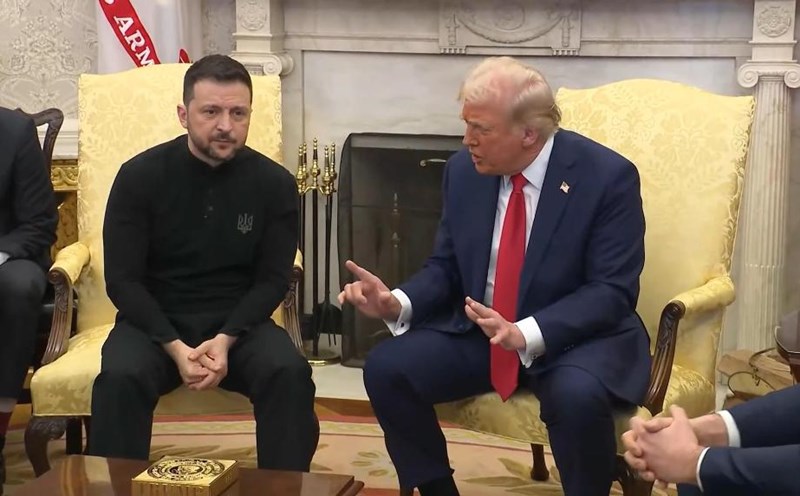According to Reuters, US President Donald Trump warned on March 30 (local time) that Iran could face an "unprecedented" military attack if it does not reach a nuclear deal with Washington.
In an interview with NBC News, he declared: "If they don't reach an agreement, there will be bombings. It will be an unprecedented attack.
Trump also mentioned the possibility of imposing secondary sanctions on Iran, similar to the measures he implemented four years ago. "If they don't reach an agreement, I can impose secondary sanctions on them, as I have done before," he said.
These statements were made after Iran denied direct talks with the US. According to Iran's Foreign Minister, Tehran has responded via Oman to Mr. Trump's call for a new deal, in which it affirmed that Iran will not negotiate directly while still under maximum sanctions pressure and military threats from the US.
Iranian President Masoud Pezeshkian also reiterated this view, stressing that "direct negotiations have been refuted," but Iran is still engaged in indirect negotiations under the direction of Supreme Leader Ayatollah Ali Khamenei.
In an interview with NBC, Trump not only threatened Iran but also mentioned the imposition of secondary sanctions on the whole of Russia. Last week, he signed a decree imposing the measure on Venezuela's oil buyers.
Mr. Trump also said that he will issue a decision on sanctions against Iran in the next few weeks. "We will wait a few weeks. If we do not see progress, we will impose sanctions. I did this 6 years ago and it has been very effective," he said.
During his first term (2017-2021), Mr. Trump withdrew the US from the Iran nuclear deal in 2015, which had set strict limits on Tehran's nuclear program in exchange for lifting sanctions. He then reimposed tough sanctions, allowing Iran to expand its uranium enrichment program beyond the limits set.
To date, Iran has refused to make a concession due to threats from Washington. Western countries have accused Iran of pursuing nuclear weapons by enriching uranium at levels higher than necessary for a civil energy program. Meanwhile, Iran insists its nuclear program is for peaceful purposes only.











